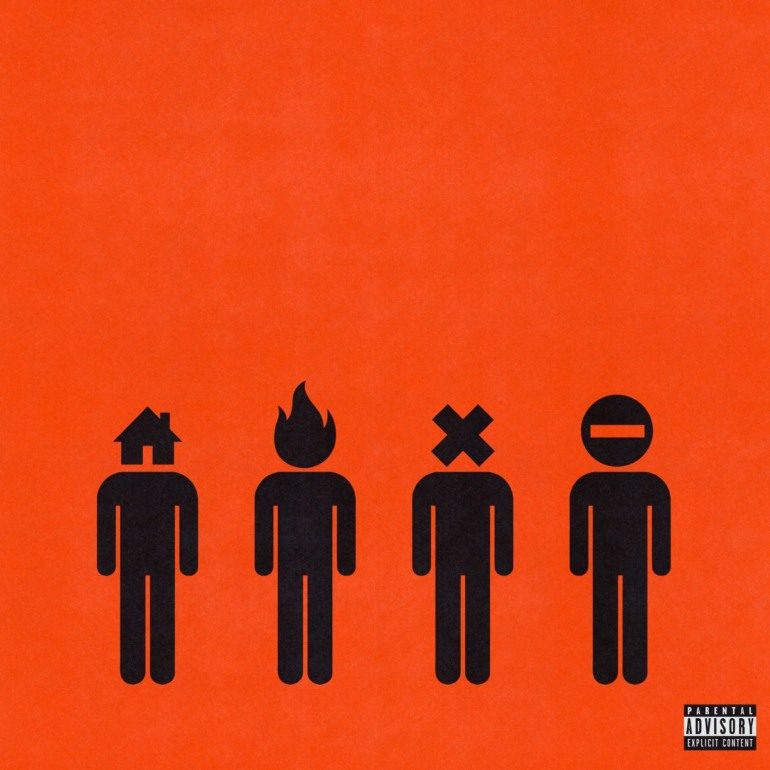

Glossy angsty rocker
American singer-songwriter Sam Tinnesz released his latest studio album There Goes The Neighborhood on February 24. As a musical craftsman, Tinnesz churns out what Leonard Cohen termed popular problems and jingles to sell for days. On “Prozac Perfect,” the problem is he’s “smilin’ on the outside but dyin’ on the inside” and the jingle is a tuneful sigh on the “-side” syllables. On “Antisocial,” he curses, “to hell with YOLO,” and the rhythm of the chorus as it builds up sounds like he’s dropping friends one by one, then the word “antisocial” is hollered out like the battle cry of an army of one against loneliness. The speaker of “Sometimes People Suck” bemoans losing his girlfriend to his best friend in an almost-rap that culminates in a “Well, what can you do?” sort of cadence. Corny lines like “Feeling like I’m on a rollercoaster,” “Who needs a soul when you got the gold?” and “I am a wrecking ball, I am a hand grenade”—which makes a point of cribbing so-so metaphors from other pop songs, for some strange reason—abound. Who needs the deep engagement-focused lyrics when the hooks keep coming?
In today’s alt-rock landscape where artists have to muscle their way into the crowd to win plays by squashing, doubling and blaring their instruments, Tinnesz has no problem elbowing the competition sonically. Even on the softer moments like the opening of “Bittersweet,” his voice has been locked onto the tempo grid using technological means. Beats-wise, listeners barely notice when the drums go from acoustic to programmed. And no young fan wanting to play along with the guitars on their practice amp will be able to match the mega tones Tinnesz produces with his ax (and a plethora of plug-ins). These are more industry things than individual things, but they’re germane because this music really signifies as institutional; like it won’t just be featured on network TV shows and sports broadcasts, but in airports and talking gas pumps. In other words, it’s calculated to get as wide a swath of people as possible humming along as they go about their day, which is neat in its own right.
Having established these parameters, it must be said that Tinnesz’s individuality does stand out, not only via all the aforementioned pop-rock soloing but also through quirky wordplay, shy tendencies and tasteful embellishments. He has a knack for making up imprecise metaphors, near malapropisms, which is both humorous and endearing. On “Nicotine Buzz” he compares an unhealthy love interest to his cigarette habit, admitting, “I just want you down inside my lungs.” On “Toilet Paper Money (Asshole Anthem),” he rhymes, “toilet paper money, sweet as honey.” Something’s off, but the eccentricity is compelling. Tinnesz doesn’t position himself as a gregarious rockstar. “Loser,” “Antisocial,” “Sometimes People Suck,” and “Can’t Take Me Anywhere” attest to the fact that it’s not always easy for him and the world to get along. He overcomes this reserve by writing antisocial songs that others can connect with. Finally, there are subtleties on the record that are particularly memorable, like squealing “I’d rather be a loser” with Bryce Fox on “Loser” and bringing in a choir to sing only the word “love” on “Hardly in Love.”
For listeners attuned to modern alternative music’s mission, There Goes the Neighborhood will sound like a winner. Sam Tinnesz is at the top of his game.
